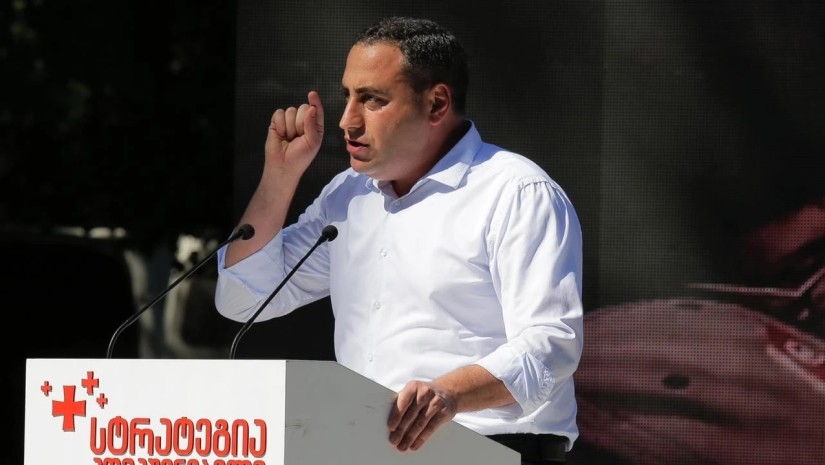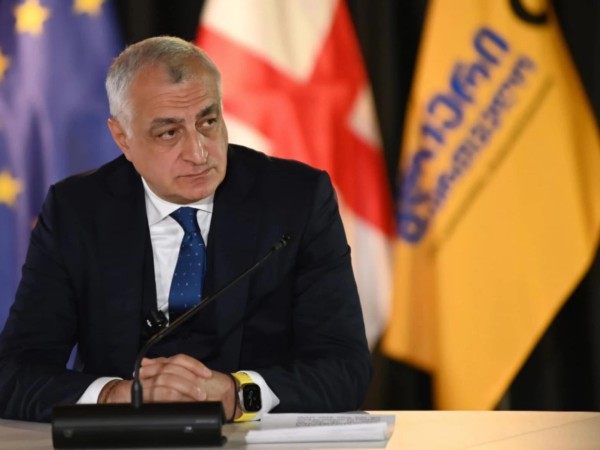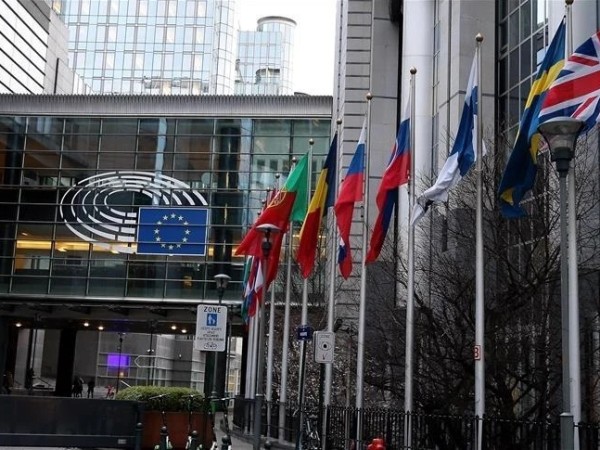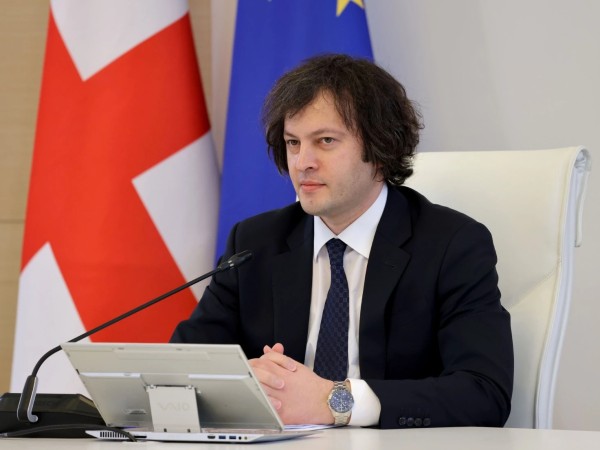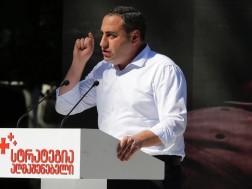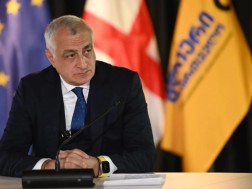Tbilisi (GBC) - Tbilisi City Court has sentenced Giorgi Vashadze, leader of the Strategy Agmashenebeli party, to seven months in prison and imposed a two-year ban on holding public office, following his conviction for refusing to comply with a parliamentary investigative commission summons.
The ruling was delivered on June 24 by Judge Nino Galustashvili, despite a request from Vashadze’s legal team to postpone the session so the defendant could deliver a final statement. Vashadze did not attend the court hearing and instead awaited the verdict at his party’s headquarters, where he was joined by political allies and Georgia’s fifth president, Salome Zurabishvili.
The charges stem from Vashadze’s failure to appear before the Temporary Investigative Commission established by the ruling Georgian Dream party. He was prosecuted under Article 349 of the Criminal Code, which penalizes noncompliance with such a summons and carries a sentence of up to one year in prison or a ban from public service for up to three years. Vashadze had previously posted 50,000 GEL bail, which was paid within the legal deadline.
The verdict against Vashadze follows a wave of similar rulings targeting high-profile opposition leaders. On June 23, the court sentenced Lelo party leaders Mamuka Khazaradze and Badri Japaridze to eight months in prison, also banning them from holding office for two years. The two were detained outside their party office and handcuffed in public, prompting strong domestic and international criticism.
Also sentenced on June 23 was Zurab Girchi Japaridze, leader of the “For Change” coalition, who received the same 7-month prison sentence and a two-year political disqualification.
The coordinated sentencing of opposition figures has triggered concern among civil society organizations, with 40 NGOs recently warning that Georgia is "sliding toward authoritarianism." International voices, including UK Minister of State Stephen Dowty, have called for the immediate release of political prisoners and urged the ruling party to cease suppressing dissent.
As more verdicts loom and protests intensify, observers warn that these developments could have a chilling effect on Georgia’s democratic institutions and further strain the country’s relationship with Western partners.

